 Prevention is in the news this week as Health and Social Care Secretary Matt Hancock announced that prevention must be at the heart of the NHS long-term plan, with more spending on community services.
Prevention is in the news this week as Health and Social Care Secretary Matt Hancock announced that prevention must be at the heart of the NHS long-term plan, with more spending on community services.
This is welcome news and something ARMA and our members have long called for.
The new prevention vision aims to ensure that people can enjoy at least five extra healthy, independent years of life by 2035, while narrowing the gap between the experience of the richest and poorest.…
Read more of this article



 Trustee and HSD Ambassador, Hannah Ensor will be a
Trustee and HSD Ambassador, Hannah Ensor will be a 
 The HSE wants to inspire businesses to consider how ergonomics–based design changes can reduce the risks of work related musculoskeletal disorders (MSDs) and nominate design changes that have made a real impact
The HSE wants to inspire businesses to consider how ergonomics–based design changes can reduce the risks of work related musculoskeletal disorders (MSDs) and nominate design changes that have made a real impact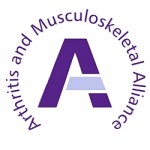
 Over the last few months ARMA has been working with members on a new strategy, setting out more clearly what we work on and how we work in collaboration with our members. We will work in those areas where collaboration will have bigger impact than any single organization working alone. Through greater clarity and focus we expect to achieve greater impact. If you are reading this and thinking that your professional body or patient organisation isn’t a member but really should be part of this, encourage them to join.…
Over the last few months ARMA has been working with members on a new strategy, setting out more clearly what we work on and how we work in collaboration with our members. We will work in those areas where collaboration will have bigger impact than any single organization working alone. Through greater clarity and focus we expect to achieve greater impact. If you are reading this and thinking that your professional body or patient organisation isn’t a member but really should be part of this, encourage them to join.… 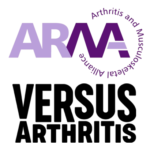

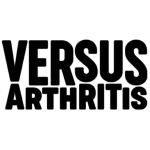
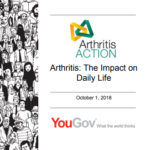
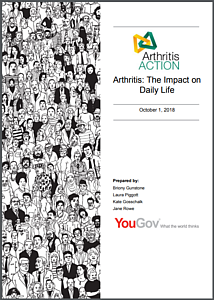

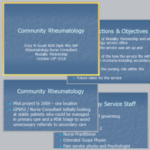
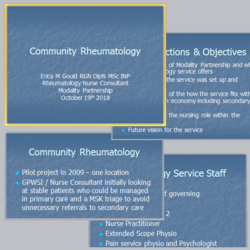 You can now see the video from our recent webinar in the Musculoskeletal Networks series:
You can now see the video from our recent webinar in the Musculoskeletal Networks series: